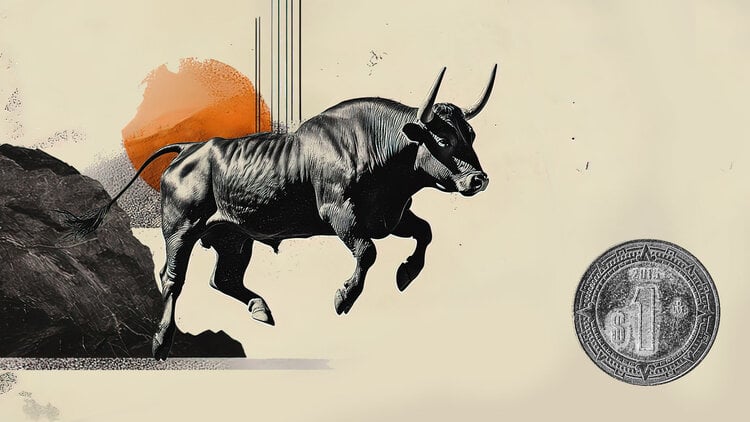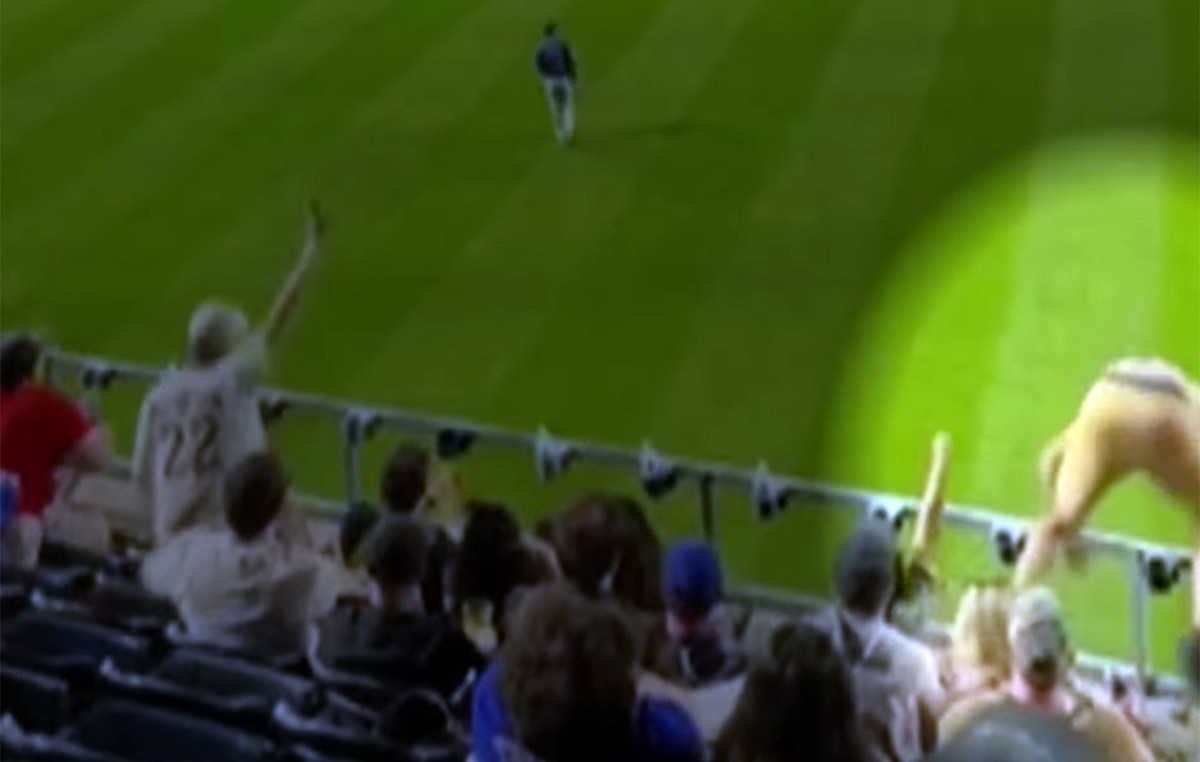Many smart people predicted that this day would never come. But that day will be Thursday (8), when the US Supreme Court will hear arguments about disqualifying former President Donald Trump from the polls because of the January 6, 2021 insurrection.
The justices are reviewing a landmark Colorado high court ruling that concluded that the so-called “insurrectionist prohibition” of the 14th Amendment to the U.S. Constitution applies to Trump.
The legal theory behind the case transformed over the course of three years from a fringe idea to a successful case that reached the nation's highest court. The litigation faced tremendously long odds, no direct precedent, and a well-funded opponent—and still won in Colorado.
Many experts still believe that the Supreme Court, with its absolute conservative majority, will resolve the issue in Trump's favor, especially with the 2024 primaries underway.
Thursday's high-stakes hearing is the result of a politically diverse set of legal scholars coming together around a surprisingly strong challenge against one of the politicians who seems to get away with everything.
They brought test cases during the 2022 midterm elections to begin breaking legal ground on the mysterious constitutional provision that hadn't been touched since 1919.
They scoured the country for states that had laws in place that could give them a path to a successful election contest. And along the way, their controversial efforts gained some bipartisan support, with a big boost from the House's Jan. 6 committee.
“People were saying it’s a dream fantasy, silly or too difficult. But where would America be if we didn't do hard things?” said Donald Sherman, lead attorney for Citizens for Responsibility and Ethics in Washington, or CREW, which filed the lawsuit in Colorado.
“A pure coincidence”
The journey to the Supreme Court began, unknowingly, even before the insurrection itself. An Indiana University law professor, Gerard Magliocca, published a scholarly article in December 2020 about the “insurrectionary ban” and how it was historically applied against former Confederates after the Civil War.
“The timing was pure coincidence,” Magliocca recalled, adding that he decided during the pandemic-ravaged summer of 2020 that his next research project would focus on the disqualification clause because “it turned out that no one had written about it.”
The central provision of the 14th Amendment litigation, known as Section 3, says in part: “No person shall […] occupy any position […] under the United States […] who, having previously sworn an oath […] of supporting the Constitution of the United States, will have engaged in insurrection or rebellion against the same, or given aid or comfort to its enemies.”
PHOTOS: Invasion of the US Capitol turned three years old in January
Source: CNN Brasil
Bruce Belcher is a seasoned author with over 5 years of experience in world news. He writes for online news websites and provides in-depth analysis on the world stock market. Bruce is known for his insightful perspectives and commitment to keeping the public informed.







